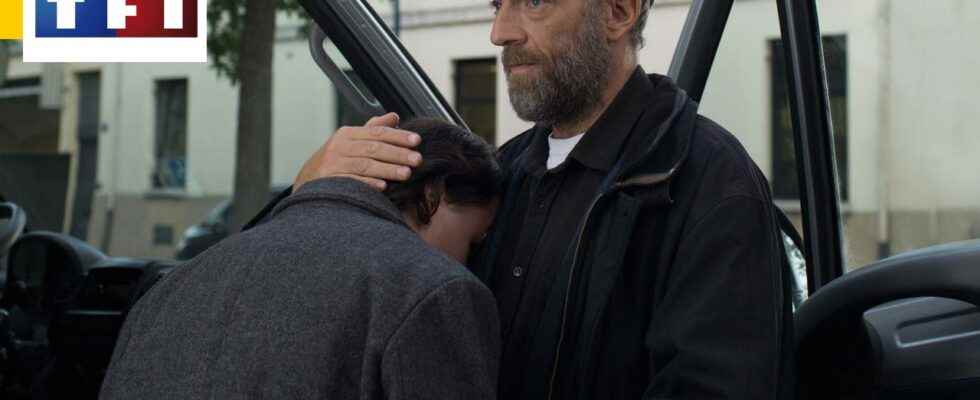In “Hors Normes”, broadcast this evening on TF1, Eric Toledano & Olivier Nakache directed real autistic people. A difficult exercise, patience, as explained to us by the directors and the formidable on-screen duo, Vincent Cassel and Reda Kateb.
In Eric Toledano and Olivier Nakache’s Hors Normes, Bruno (Vincent Cassel) and Malik (Reda Kateb) have lived for twenty years in a world apart, that of autistic children and adolescents. Within their two respective associations, they train young people from difficult neighborhoods to supervise these cases described as “hyper complex”.
Outstanding is the fruit of a twenty-year commitment. In 1994, Eric Toledano and Olivier Nakache were summer camp monitors and had to pass a diploma to become director (BAFD). This is where they met Stéphane Benhamou, the creator of the association The Silence of the Righteousspecializing in the reception and integration of children and adolescents with autism.
“We then lost sight of each other. But he took under his wing a member of my family who suffered from this pathology. One day with Olivier, we decided to go for a walk in the summer camp he was running then in the mountains. We were deeply impacted by the energy and humanity that Stéphane and his team exuded. The chemistry between young mentors and young people with disabilities completely overwhelmed us”, they remember.
The question of time
“We wondered how we could best tell this story” remembers Eric Toledano. “Very quickly we asked the doctors, the people who surrounded the associations: ‘Do you think they can turn?’ They explained to us that it was a question of time: the time that we get them used to the sets, to us, to the actors.
Well upstream, when we were editing Le Sens de la fête, we started going to associations, in particular one called turbulence and which does shows with autistic children and where we offered a theater workshop. We started writing scenes and seeing how they were able to play them.”
“Afterwards, there is also an ethical problem that arises: do they want to play? That, there are ways to decipher it. For example, there were appointments for this theater workshop. If they came back, it was because they were interested, otherwise they wouldn’t come back. It took a lot of time and we used the little credit we had to be able to ask the producers for time to be able to put all of that in place.”
real educators
“The big question was where reality met fiction” comments Eric Toledano. “We worked with autistic children, but the actors could not manage, so our only solution was to call on referents from these associations. The two associations have a hundred referents.
At the beginning, we said to ourselves that we were going to take actors and send them to the association and see how it went, but it was taking too long. And when you land, the violence is not theoretical, it is concrete. There is a gripping space and if we pass it when the youngster doesn’t know us, we can take a hit.”
“We told the actors from the start that it would be a long-term job, that we would have to be in contact, be close to these children. The two heads of association [Stéphane Benhamou et Daoud Tatou, qui ont inspiré les personnages de Bruno et Malik] accepted, since we were making the film about them, to put the association to work.
We asked all the parents, by holding educational meetings, and explaining that at no time would there be a voyeuristic side, that we would try as much as possible to defend what Stéphane and Daoud had been doing for years.
Bet succeeded in any case. Outstanding was a great theatrical success, with more than 2.1 million admissions.
